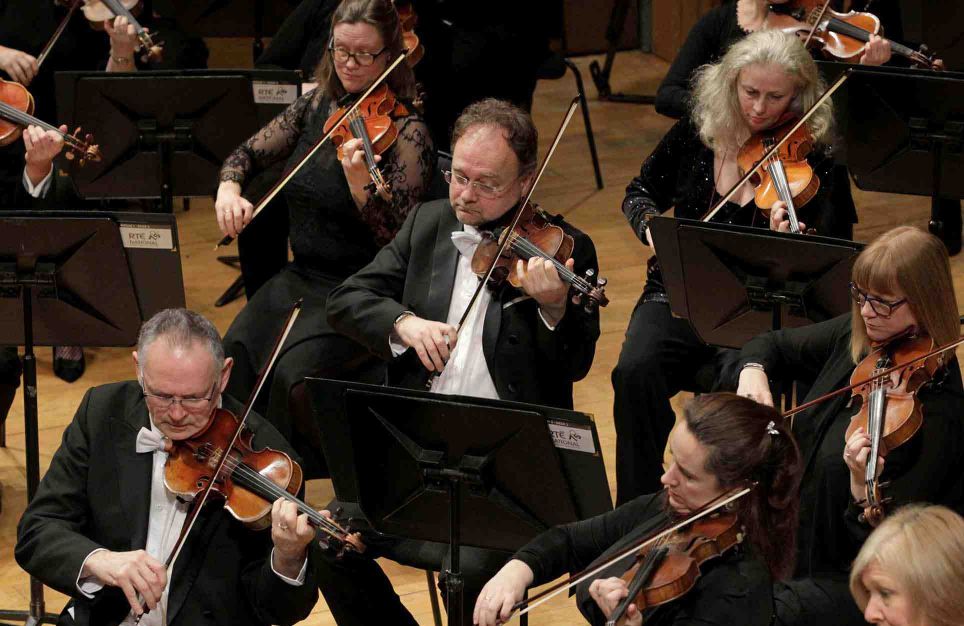Dear Alma, Why do orchestra players look so glum?
NewsFrom our agony aunt’s mailbag:
Dear Alma,
Why do orchestra players look so miserable? From what I understand, in the big US orchestras they earn $100-200,000 a year with secure jobs and good health care and pensions. In Germany and France it’s much the same.
Their working week is 20-25 hours which gives them plenty of time to earn more, giving lessons or running a business. Or, if they prefer, providing child care and having an afternoon lover. It doesn’t look that bad a life to me.
But when they come trooping on stage half of them look like they’ve swallowed bad caviar, lost half their investments in a market crash or found their lover’s got the clap. What does it take to make them smile?
Puzzled audience member
Dear Puzzled Audience Member,
I hear you. I do. But I want to take a second to look at you, the audience member. The performing arts are unique in that the performers are symbiotically connected to the audience. It’s not a one-way street like an art show, it’s more like the red-billed oxpecker and the zebra. A mutualistic relationship. We need each other. We need you.
Why do I go to the symphony? I love the spectacle, the waves of choreographed human endeavor, like the grasses on the great plains. The repertoire, seeing an amazing soloist, watching the conductor, the lobby scene – seeing and being seen, and having a chance to sit somewhere for a couple of hours with no option of having to check my phone and be immersed in dumb minutiae.
While I hear your complaint, an orchestra is always made up of a variety of ages, levels, and energy levels. It’s grueling work; the 20-25 hours we see in paper is like seeing an iceberg – it’s only 10% of the work, with the 90% blood, sweat and tears just under the stage. To keep in tip-top shape, you need 2 hours a day on your instrument, added to that the work on the specific repertoire for the concerts. The wear and tear on the body necessitates keeping in shape physically as well as emotionally, as orchestral musicians work in tight quarters with a wide variety of personalities that need constant juggling.
I went to an orchestra concert a couple of weeks ago. I wanted to hear the soloist and the piece they were playing. But the whole thing was charming! There was a street performer playing for us while we waited in line, the audience was colorful, dressed to the nines with velvet dinner jackets, fascinators, and flavorful finery. I saw friends, both in the orchestra and in the audience. The world premier was delightfully introduced as a banter between conductor and composer. The soloist was dashing and the conductor had some cool moves. Sure, there were pockets of players who were just doing their job, but do their jobs they did. Some with derring-do, and some with stoic precision.
What can we do, as the red-billed oxpecker, to feed our partners, the orchestra? We can show them our enthusiasm – I love how the audience claps as the Berlin Philharmonic musicians enter the stage.
Puzzled Audience Member, it sounds a bit as if you have had a weekly date at the same restaurant, and maybe you have fallen out of love with your weekly dish. Why don’t you mix it up a bit – go see a baroque orchestra, chamber music, or a school production. It’s the variety which will be alluring. And here’s a shout-out to all of the amateur orchestras, regional symphonies, and groups making it work in tough situations. We hear you. And we thank you.
Please send me your questions and comments, I love hearing from you. DearAlmaQuery@gmail.com






Comments